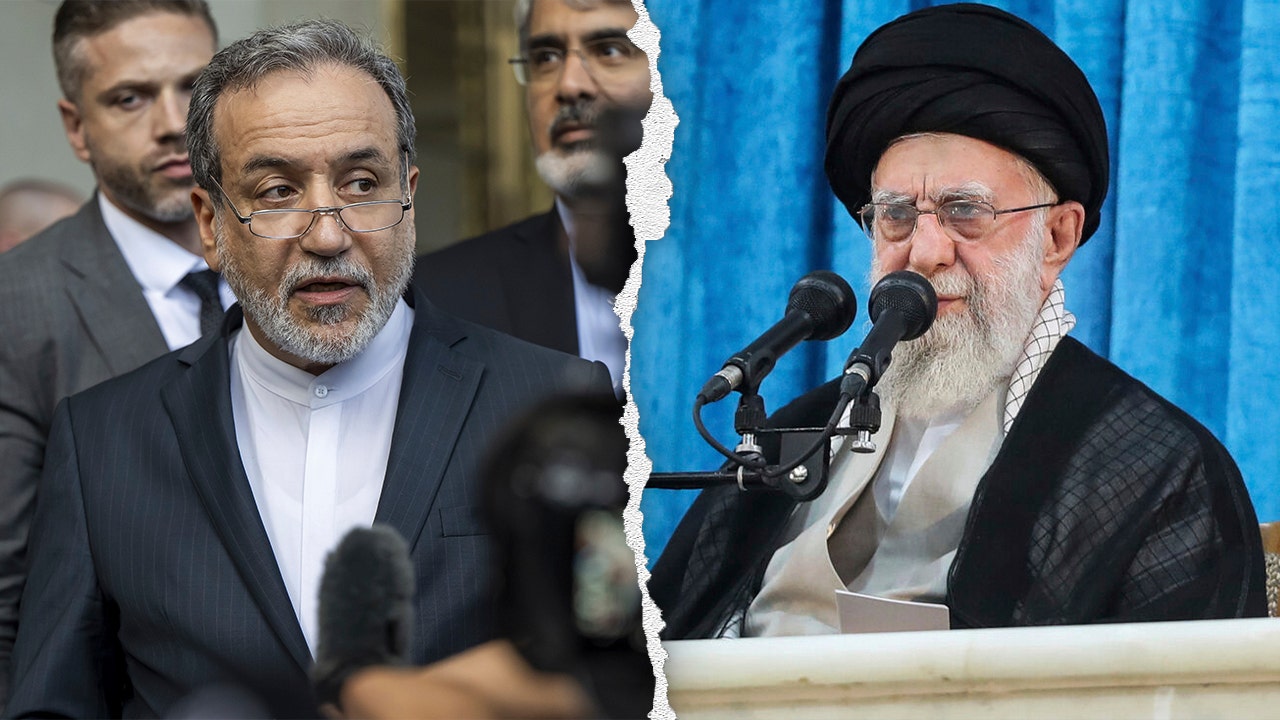Acknowledging the Extent of Damage
Iran’s Foreign Minister Abbas Araghchi has acknowledged “excessive and serious” damage to nuclear sites following weekend strike campaigns by the U.S. and Israel. He confirmed that the Atomic Energy Organisation of Iran is actively assessing the damage.
Leadership’s Contrasting Message
Earlier the same day, Supreme Leader Ayatollah Khamenei countered the severity of the attacks, calling President Trump’s assertion of “total obliteration” exaggerated. Khamenei, who has been in hiding since June 13, insisted the strikes failed to significantly harm Iran’s nuclear infrastructure.
Diplomacy at a Standstill
Araghchi stated that there are no intentions to resume negotiations with the U.S., after Iran cancelled a planned next round when military action started. He noted that any diplomatic strategy would now take a “new form”, although specifics were not provided.
Sanctions Relief Tied to Nuclear Diplomacy
The Trump administration has reportedly floated proposals to ease sanctions and provide $30 billion in support for civilian nuclear energy—tied to renewed diplomacy. However, Araghchi’s stance indicates that these options are unlikely to proceed under current circumstances.
Iran Cuts Ties with IAEA Inspectors
Iran’s parliament approved legislation suspending cooperation with the International Atomic Energy Agency (IAEA), effectively barring inspectors from its nuclear sites if enacted.
Conflicting Damage Evaluations
Defense Secretary Pete Hegseth asserted that U.S. and Israeli intelligence concluded the strikes “significantly damaged” Iran’s nuclear program and set it back “by years.” A leaked Pentagon memo refuted this, claiming the delay was only “a few months.” The administration has dismissed the leak.
Human Toll of the Strikes
Iran’s Health Ministry reported 610 deaths over 12 days of Israeli raids on multiple Iranian cities. Meanwhile, Israeli officials recorded 28 fatalities from Iranian missile and drone retaliation.
The Road Ahead
With Iran distancing itself from U.S. nuclear negotiations and moving to limit international inspections, the status of its program remains uncertain. Diverging public statements by Iranians leaders complicate any path toward renewed diplomacy or mutual recognition of military setbacks.



